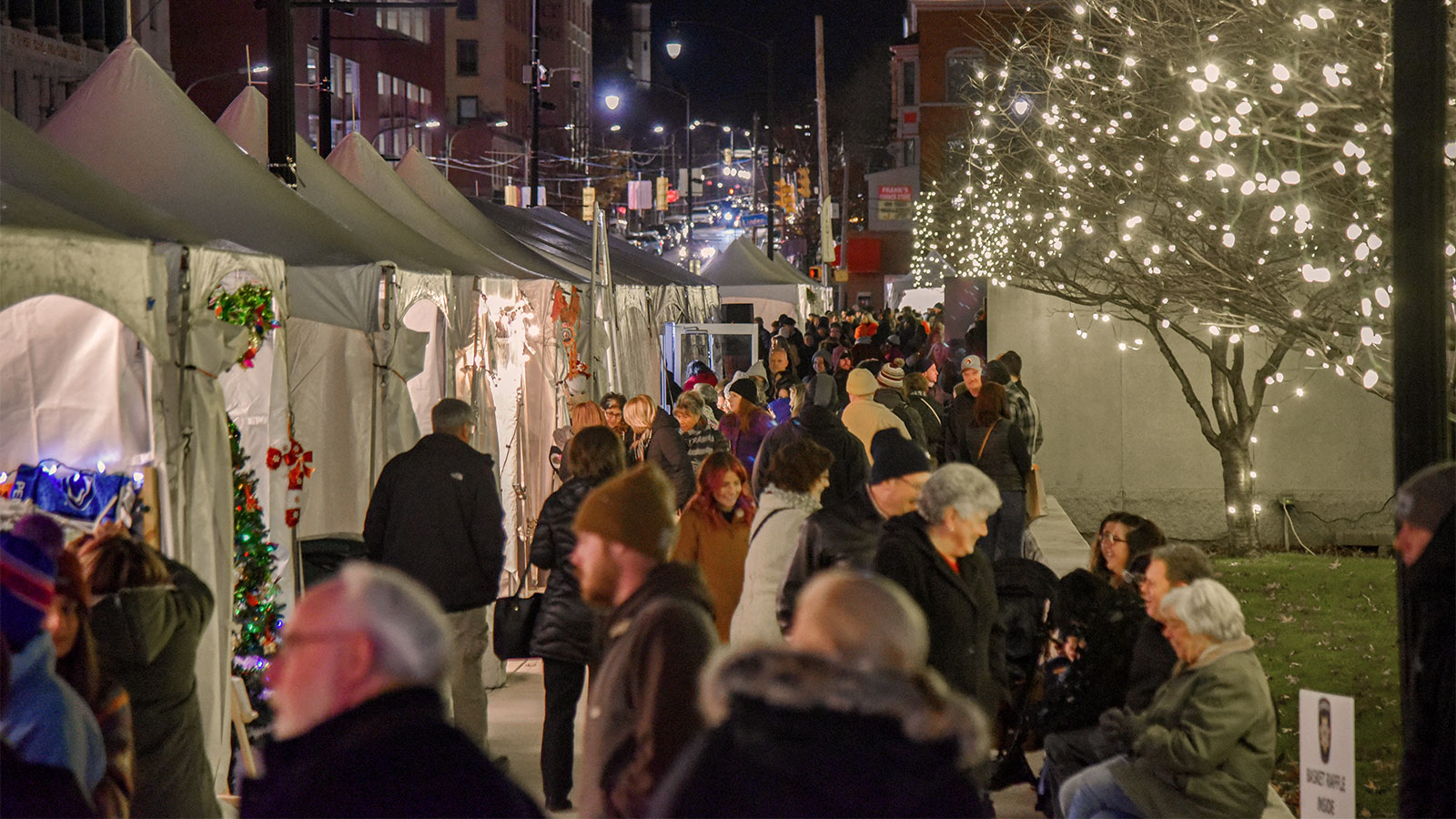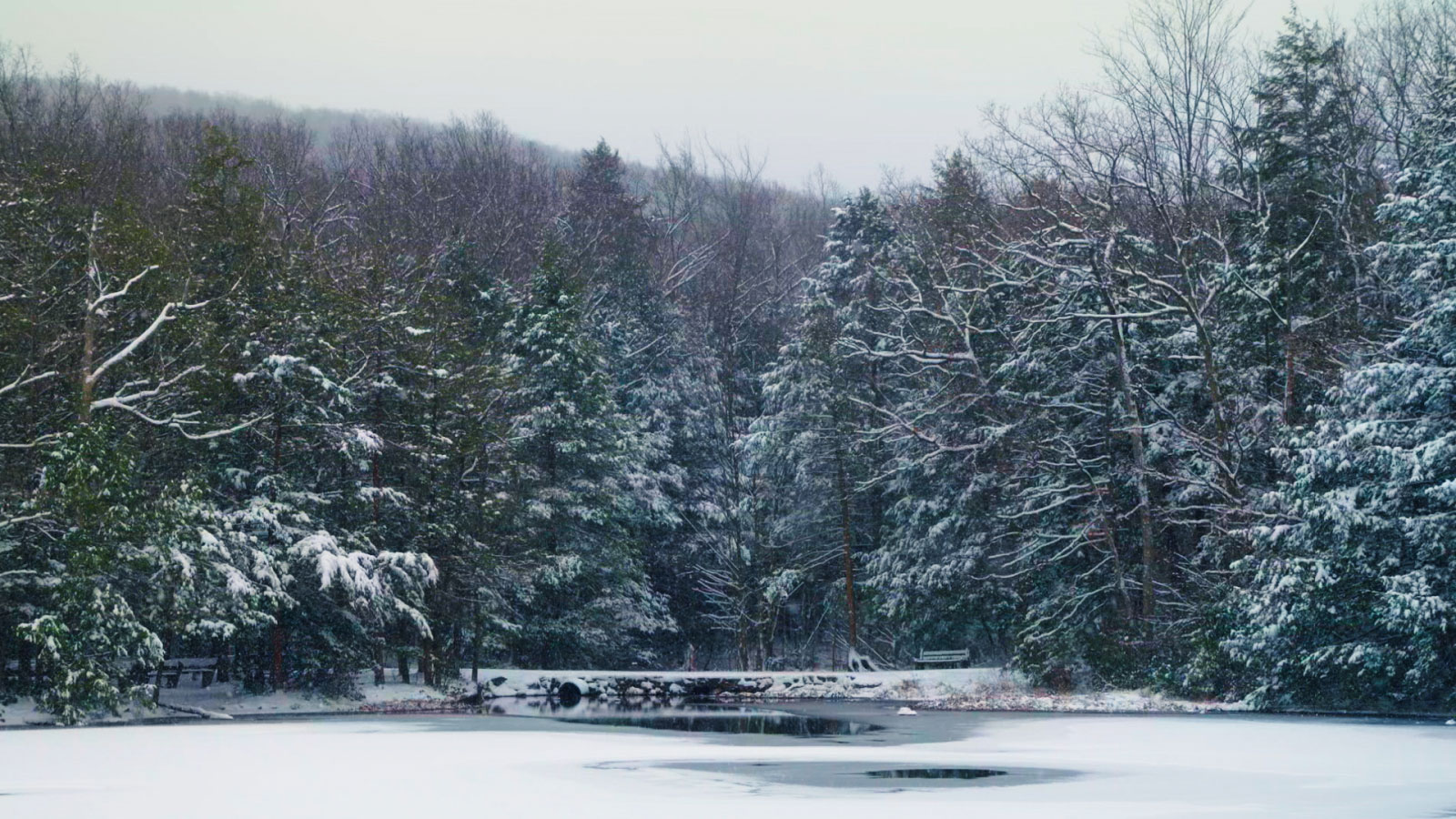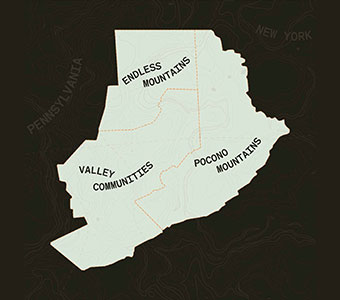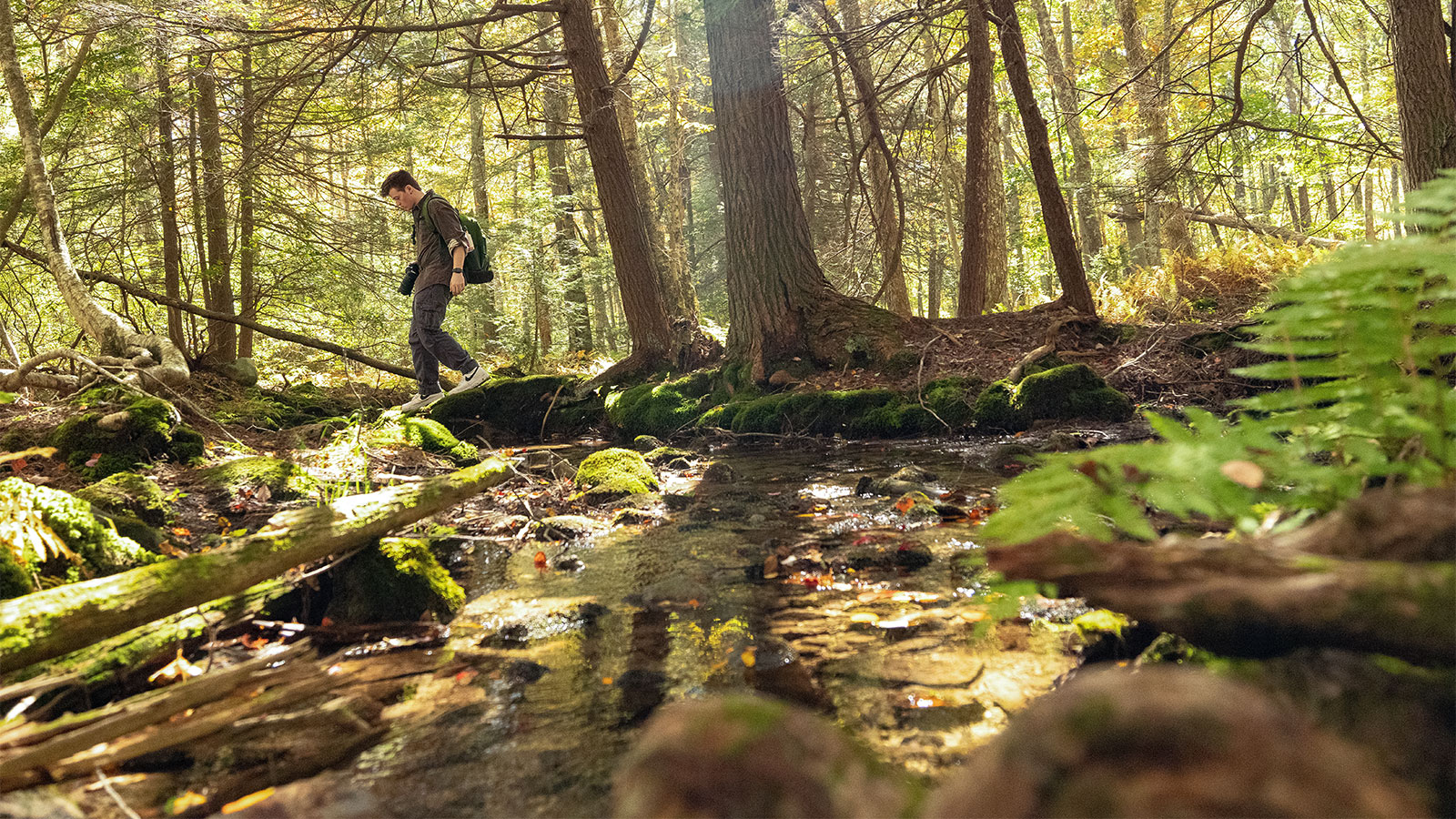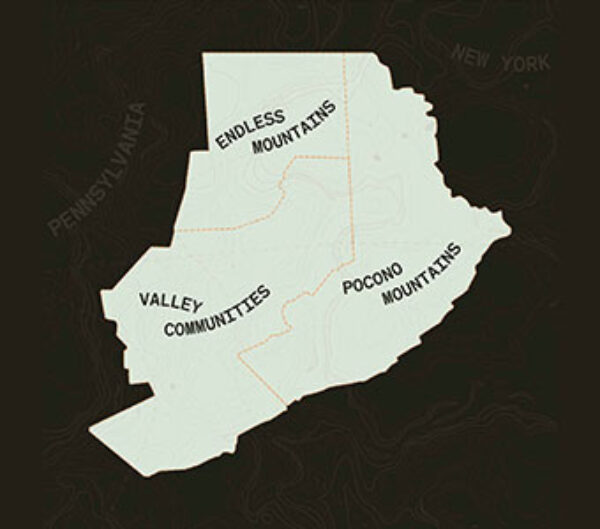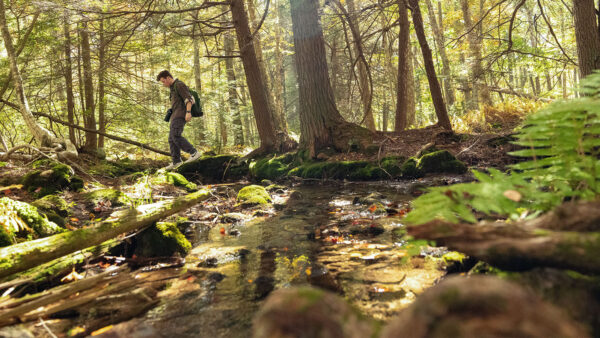In most cases, poison ivy symptoms can be treated at home with over-the-counter medications.
You don’t have to be a frequent camper or gardener to be familiar with the saying, “Leaves of three, let it be.” But even if you’ve heard the adage about poison ivy, it can still be tricky to avoid.
“Quick action after contact can make a big difference in how widespread a poison ivy rash becomes,” says Ashley Lewis, MD, a Geisinger primary care physician.
Learn what steps to take so you can get back to enjoying the great outdoors itch-free.
How to spot poison ivy
In addition to the characteristic leaves of three, also be on the lookout for leaves with pointed tips and serrated edges.
The stems can be either red or green and might be covered in small hairs. This pesky plant is native to North America and can grow as ground cover, a shrub or a climbing vine.
The leaves, stems and roots of poison ivy all contain a chemical called urushiol oil, which is responsible for the allergic reaction. All it takes is a slight brush on the skin, and you’re in for a world of itching and blisters.
What to do if you touch poison ivy
If you do come in contact with poison ivy, here are a few things to do immediately afterward:
- Don’t touch or rub the area.
- Remove affected clothing and wash separately in hot water.
- Rinse the area thoroughly to remove as much toxin as possible. You can wash with rubbing alcohol, dish soap or detergents. Wash frequently to prevent oils from spreading, keeping the area cool and clean.
- Apply duct tape on the affected area, then pull it off to remove any hair.
Taking these steps can reduce the severity of an allergic reaction.
Symptoms of poison ivy
It may take a few hours or days to notice symptoms, which can last up to three weeks. These can include:
- Redness
- Swelling
- Itching
- Blisters
- Fever
Typically, you’ll start to itch before the poison ivy rash even appears. Eventually, blisters will form and break and crust over.
Some people are more sensitive to urushiol than others, which can impact the severity of your symptoms.
Is poison ivy contagious?
“Contrary to popular belief, poison ivy rashes are not contagious from person-to-person contact,” says Dr. Lewis.
However, it’s possible for someone to get a rash if they touch an object (think clothing, garden tools, pets, etc.) that has the plants’ oils on them.
To prevent this, take the time to wash your garden tools after use. If you think you’ll be working in an area that might have poison ivy, wear long sleeves and pants tucked into boots and wash your clothes immediately after you’re done.
Poison ivy treatments
Treatment for poison ivy can mostly be done at home, says Dr. Lewis. Here are a few home remedies for poison ivy:
- Apply over-the-counter creams like calamine lotion or hydrocortisone to relieve itching and dry out the rash. Avoid applying anything if you have broken skin or open blisters.
- Take oral antihistamines like Benadryl or Claritin to slow the allergic reaction.
- Use cold compresses to help reduce swelling and calm inflammation. Try this for 15 minutes several times a day.
Take colloidal oatmeal baths to relieve itching and soothe your skin.
When to see a doctor
Sometimes a poison ivy rash can be more than just an annoyance. You should see a doctor if:
- The rash is severe and widespread.
- Your skin isn’t improving after several weeks.
- You have a fever greater than 100 degrees.
- The rash spreads to your eyes, mouth or genital area.
- The blisters ooze pus.
“Your primary care physician can prescribe medications like antihistamines or oral corticosteroids to help control the itch,” says Dr. Lewis. “In severe cases, antibiotics may be necessary.”
If you have difficulty breathing or lose consciousness after coming in contact with poison ivy, call 911 right away.
